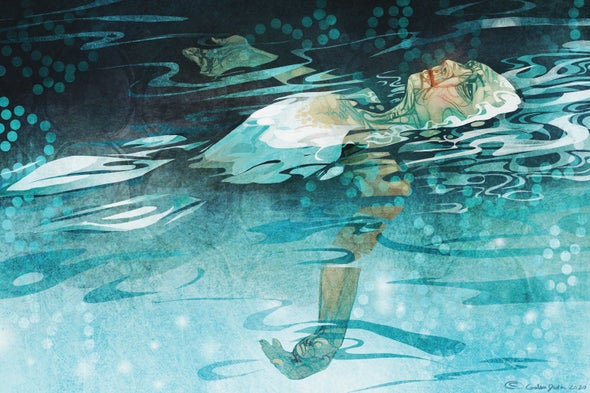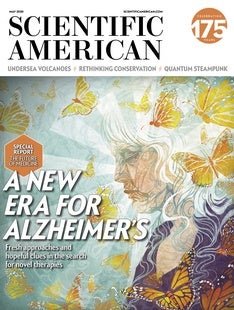It is time to start anew. More than a century after neuropathologist Alois Alzheimer gave the first scientific talk describing the disease that bears his name today, we have no good treatments for this thief of minds, and we certainly have no cure. Today 40 million to 50 million people worldwide suffer from Alzheimer's disease and other dementias. The drugs doctors have tried, aimed at a single type of lesion, have repeatedly and agonizingly fallen short. Now scientists are beginning to say it is high time for a fresh approach to the illness.
Patients and their families, of course, have known this for decades. To begin this special section, a husband describes losing his wife to this ailment, and the utter devastation it wreaked on her, on him and on their family. Then we turn to the spectrum of disease causes, ranging from problems within the brain to the environment outside. Neuroscientists have identified five areas—such as the brain's immune reactions—that have received relatively little attention yet may hold the seeds of new hope. We also take a hard look at the “amyloid hypothesis” that has dominated the search for treatments and whether it still holds sway. Another overlooked area is research into women, who have a much higher risk than men of developing the disease, and our next story chronicles new studies of the roles played by estrogen and menopause in mental decline. Finally, we examine recent research that shows that air pollution raises the risk of Alzheimer's to a startling degree and explore the path between dirty air and brain destruction.
The Human Toll of Alzheimer's
Alzheimer’s took my wife’s memory and her life and tortured our family. There was nothing we—or medicine—could do to stop it
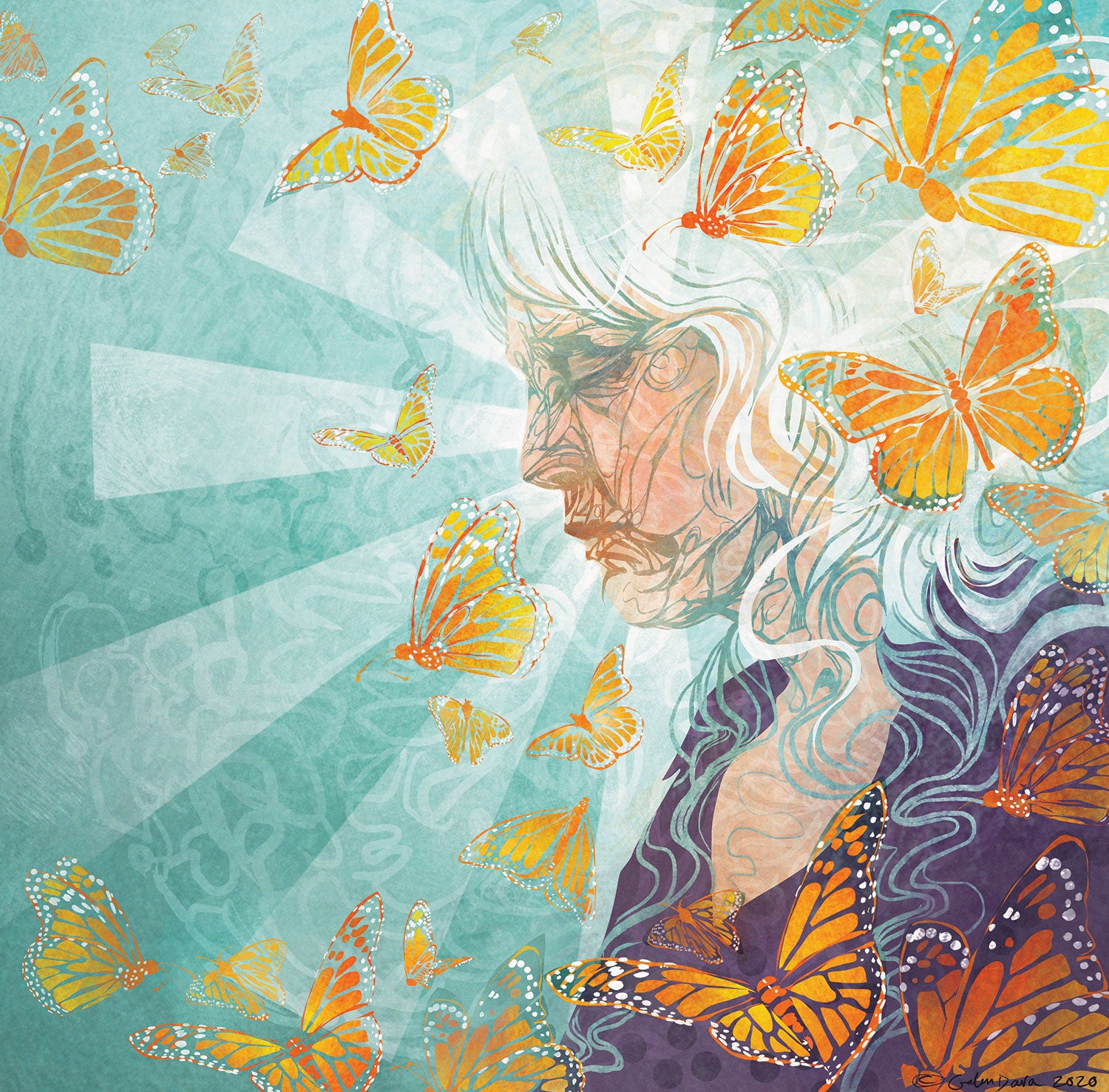
Five Types of Research, Underexplored until Recently, Could Produce Alzheimer's Treatments
Research into the brain’s protein-disposal systems, electrical activity and three other areas looks promising
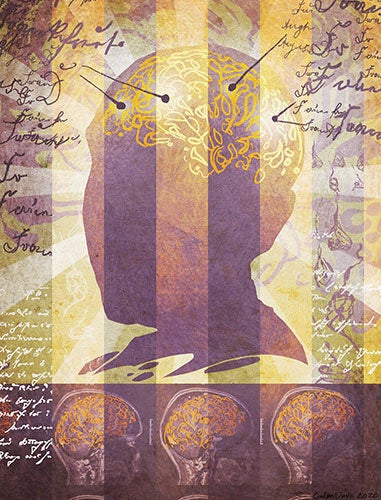
A Harder Look at Alzheimer's Causes and Treatments
Amyloid, the leading target for dementia therapy, faces skepticism after drug failures
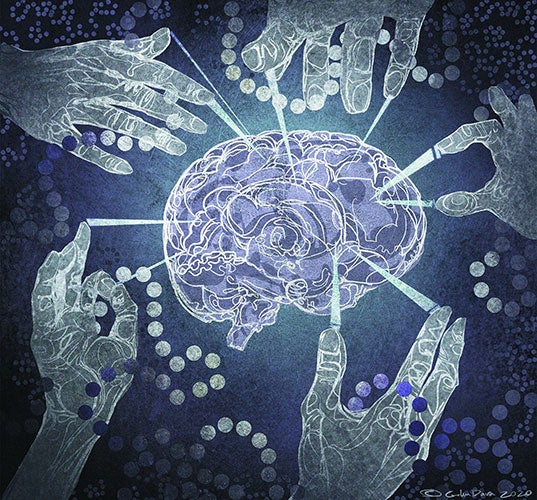
Menopause Predisposes a Fifth of Women to Alzheimer's
Being female is a risk factor for Alzheimer’s. Why?

The New Alzheimer's–Air Pollution Link
Toxic airborne particles can travel from lungs and nose to the brain, and exposure is linked to memory loss
.jpg)
